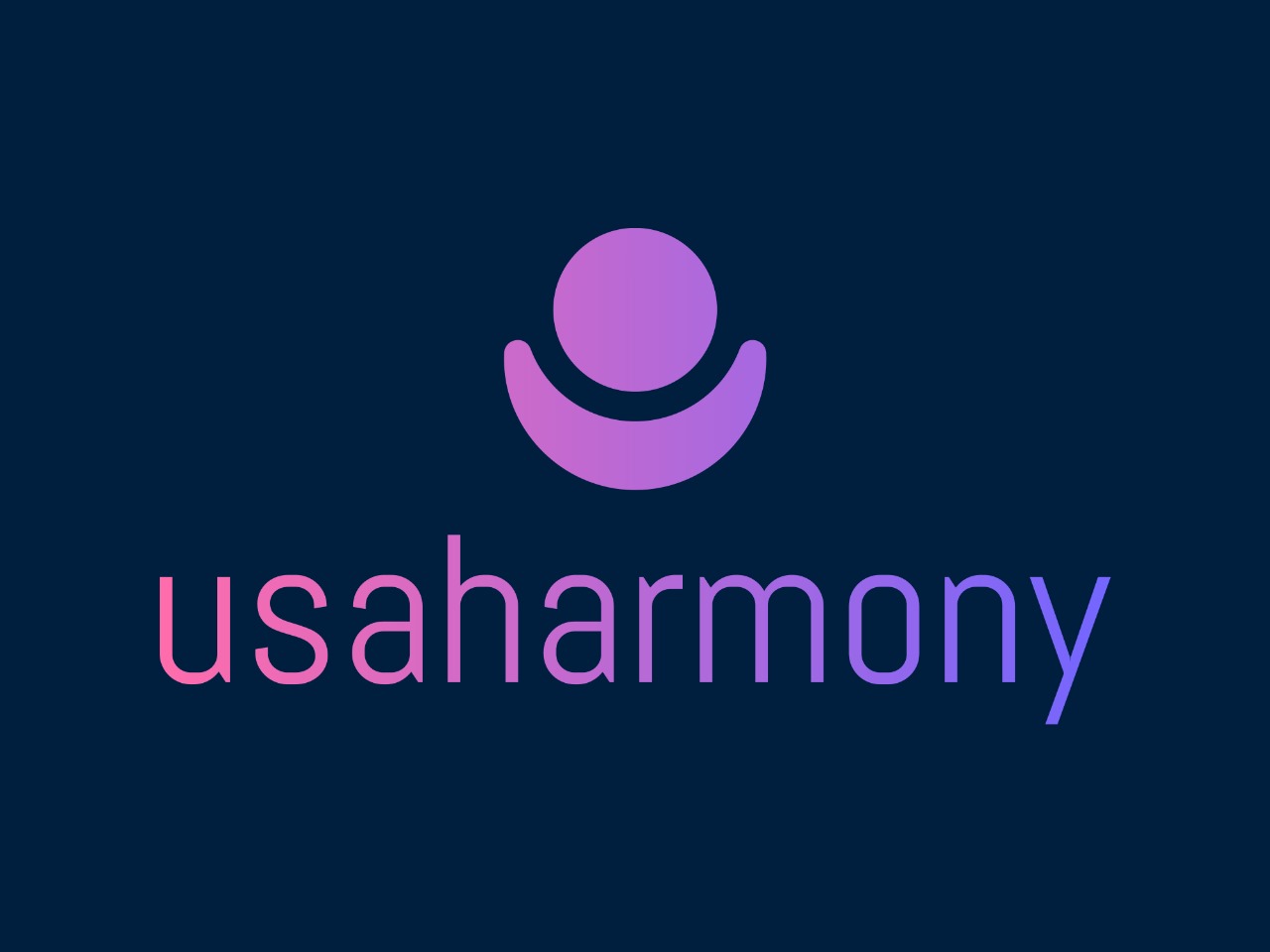In a landmark legal confrontation, TikTok is facing off against the U.S. government over a recently enacted law that could force its Chinese parent company, ByteDance, to divest from the app or face a ban in the United States by January 2024. This case highlights complex issues involving national security, First Amendment rights, and the future of digital communication.
Background of the Case
The U.S. government has designated TikTok as a national security threat due to its ownership by ByteDance, a Chinese company. Concerns have arisen that user data collected by TikTok could potentially be accessed by the Chinese government, leading to espionage or propaganda efforts. In April 2023, President Biden signed a law compelling ByteDance to divest from TikTok, citing the necessity to protect American users.
TikTok’s Legal Defense
In response to the law, TikTok, along with a coalition of content creators, filed a lawsuit claiming that the law violates the First Amendment rights of its users and unfairly targets the platform. During a recent hearing at the D.C. Court of Appeals, TikTok’s attorney argued that the law imposes speech limitations based on unproven future risks. Content creators highlighted TikTok’s vital role in driving their business success and connecting with audiences.
Government's Position
The Justice Department defended the law by arguing that the risk posed by TikTok is too significant to ignore. They maintain that the only way to mitigate these risks is to sever ties between TikTok and ByteDance. Judges expressed skepticism about TikTok’s legal arguments and raised questions about the implications of a ban on users’ rights to free expression.
First Amendment Concerns
The First Amendment implications are a focal point of the case. TikTok and its supporters argue that the ban would set a dangerous precedent for government intervention in digital communication. They assert that banning TikTok would severely limit avenues for expression among users.
Public Opinion and Broader Implications
Public sentiment appears to be shifting against a TikTok ban. A recent Pew Research Center survey indicated that only 32% of Americans support such an action, reflecting concerns regarding the implications of limiting access to popular platforms.
Conclusion
As this legal drama unfolds, the stakes are rising for TikTok, its users, and the broader digital landscape. The ultimate resolution will likely shape how foreign-owned platforms are treated in the U.S. and influence the balance between national security and free expression.
